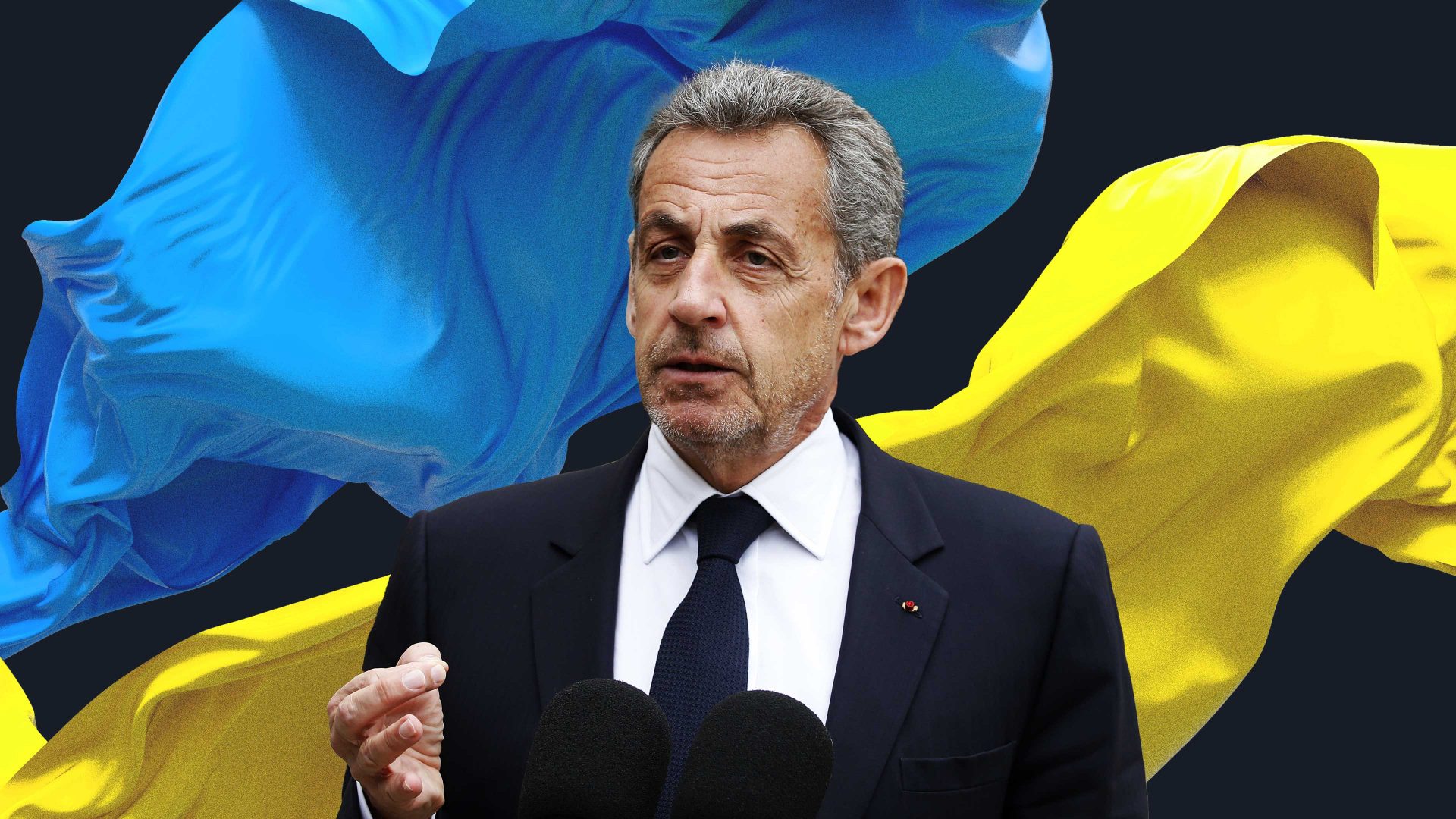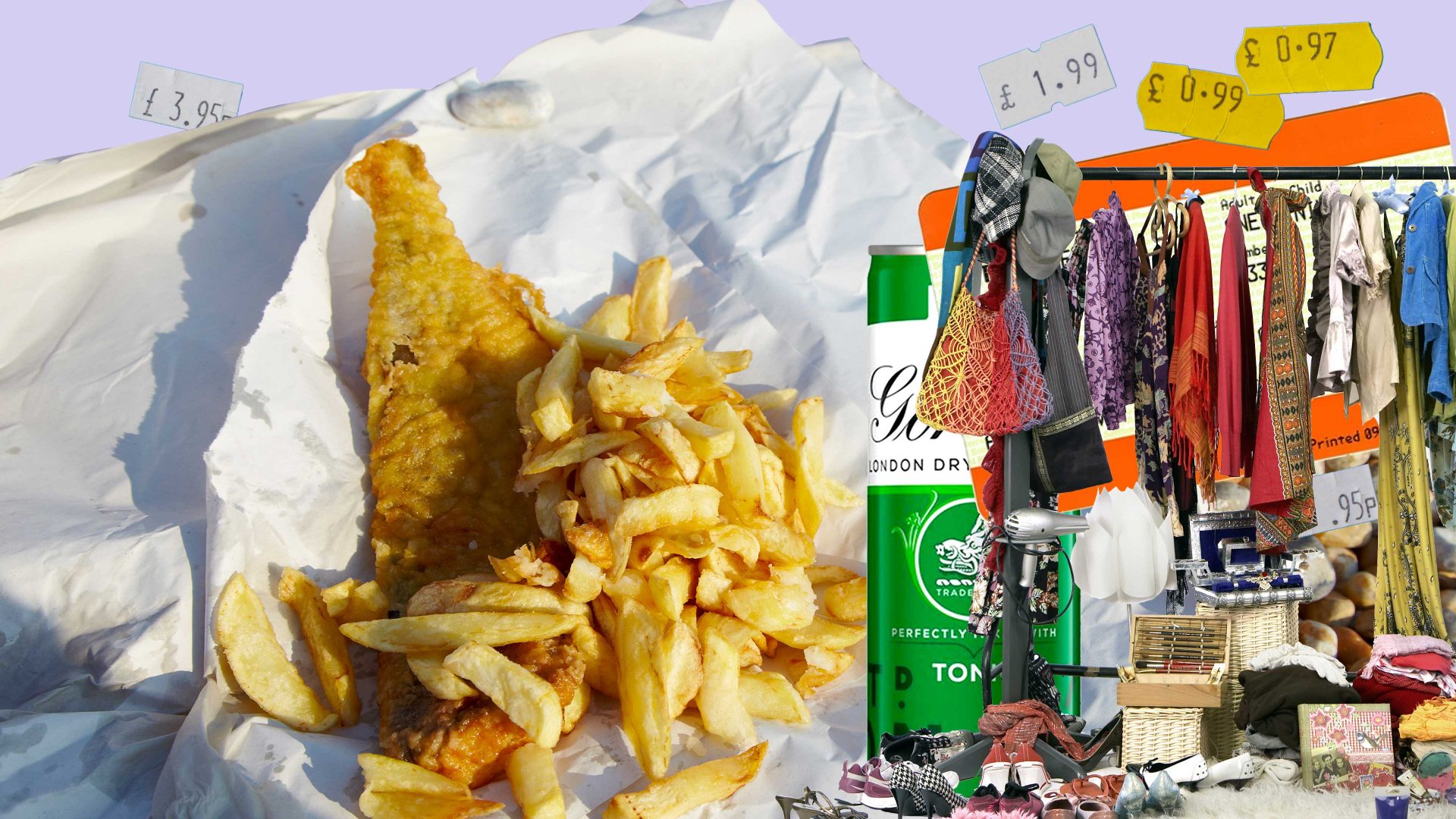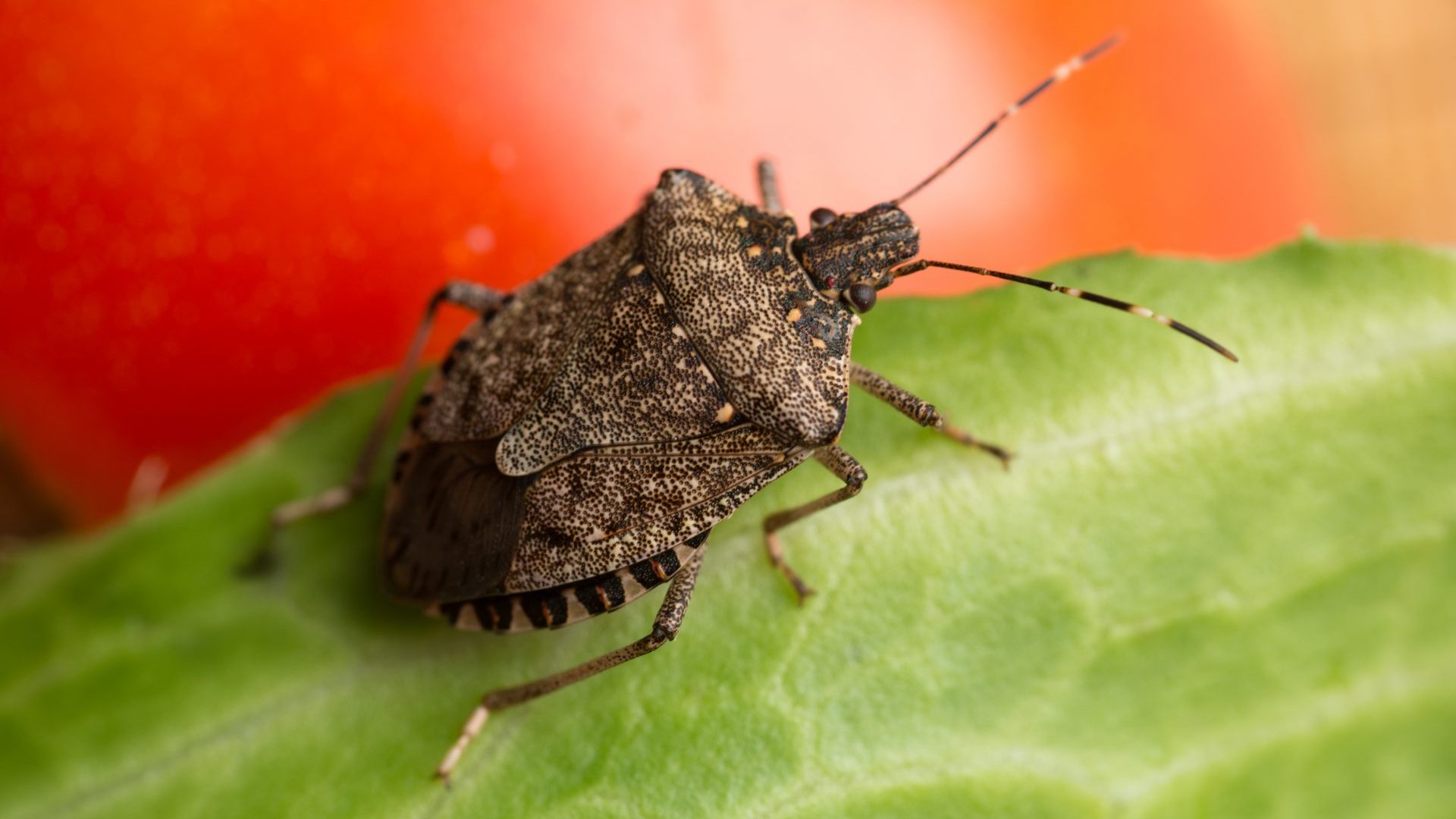In a recent Figaro Magazine interview, Nicolas Sarkozy spoke about détente with Russia.
“What [Putin] has done is serious, and it’s a failure,” the former French president said. “But beyond that, we have to move on and find an off-ramp. Russia is Europe’s neighbour and will remain so.”
What about Ukraine joining the European Union? “I don’t think so,” said Sarkozy. “Ukraine is a link between west and east. It must stay that way. We’re in the process of making promises we cannot keep.”
Whether anyone cares what Sarkozy thinks is an open question. His Republican Party got less than 5% of the vote in the first round of the 2022 elections. He was sentenced to one year in prison in May for corruption, and in 2025 will face trial over allegations that Muammar Gaddafi funded one of his election campaigns.
But my French family think Sarkozy has a point. The Russians are dug in, Putin is a monster who doesn’t care about losing millions of men, and the Ukrainians can’t make any progress. “We are spending an absolute fortune,” said one family member.
“I just don’t see Ukraine winning,” he said. No one at the table seemed to disagree.
After heavy criticism for pursuing diplomacy with Putin, Emmanuel Macron has now ditched French contrarianism. To the surprise of many at the Vilnius Nato summit, Macron lined up with the UK and Baltic allies, arguing that Ukrainian Nato membership should be hurried through. It was the US that threw cold water on the idea.
Despite Macron’s confidence, domestic opinion in France is far from uniform. On the far left, the leader of France Unbowed, Jean-Luc Mélenchon, issued a statement condemning Russia’s invasion. An ardent sceptic of Nato and of “American imperialism”, Mélenchon has been criticised for his views on Russia. Fellow left wing politician and mayor of Paris, Anne Hildago, has publicly said he is “complacent and complicit with dictators”, insinuating that he retains his old sympathy for Moscow.
Appearing on TV news back in February, Mélenchon recommended that “Putin be brought back to the table”, but said he “obviously does not support peace under any conditions”. It is rare that Mélenchon and Sarkozy find themselves in the same boat.
On the edge of my Sunday market in Montreuil, members of the Workers’ Party (not to be confused with the Socialist or Communist parties) handed out pamphlets that read “Billions for schools, hospitals, salaries and to welcome refugees, not for the war of the capitalists!” That’s the French far left in a nutshell.
Marine Le Pen’s relationship with Putin is far more suspect. In the past, Le Pen, leader of the far-right National Rally, has received funding for her political campaigns from Russian banks. She was photographed with Putin as recently as 2017 – three years after he annexed Crimea.
Last year, in what was the best one-liner of the presidential debate, Macron said: “When you talk to Russia, you are talking to your banker. That’s the problem, Madame Le Pen.”
Since the invasion, Le Pen has tried to whitewash her past. This plan backfired recently after a commission set up by Le Pen’s own party to absolve her of wrongdoing ended up accusing her organisation of being a “conveyor belt” that echoes the “official language of Putin’s regime”. Le Pen criticised the report as dishonest and politicised.
For now, public opinion appears to be on Macron’s side. Just. A poll in February suggested that 56% of French people favour supplying the Ukrainian army with weapons until the Russians leave. Only 23% were opposed.
But February is a long time ago and opinion may be shifting. In a series of polls conducted by Ifop since Russia launched the offensive, the percentage of French people who hold a “good opinion” of Ukraine has fallen from 82% to 70%. In the same poll, British opinion has stayed static at 82%.
Whether Sarkozy – who has connections to Putin himself – was tapping into some hidden popular sentiment or just trying to sell copies of his new book, it doesn’t mean much in practical terms. The French presidency has total control over foreign policy.
As long as Macron, who has a reputation for not listening to his citizens, is in charge – which he will be for the next four years – a significant policy shift on Ukraine seems unlikely, no matter what Nicolas Sarkozy says.



